Millions of students around the world are leaving school without learning the most basic skills—often referred to as a “global learning crisis.” But, just as importantly, education systems are not preparing these students for the jobs of the future. In today’s globally interconnected world—a world that is constantly and rapidly changing—21st century skills such as critical thinking, problem-solving, and collaboration are more important for students now than ever before. Content knowledge is no longer sufficient; students need to be able to think creatively and critically, work collaboratively, analyze information, and solve complex problems.
It is clear that students need a broad range of skills but how to develop them so that children and youth can thrive in school, work, and life is not so clear. From April 2-5, 2019, four countries in Africa—Gambia, Democratic Republic of Congo (DRC), Zambia, and Kenya—along with the Brookings Institution and the Teaching and Learning Educators’ Network for Transformation (TALENT) based at UNESCO Dakar met for the first major regional convening of the Brookings Optimizing Assessment for All (OAA) collaborative capacity-building initiative in Banjul, Gambia to grapple with this challenge. Jerreh Sanyang, the Deputy Permanent Secretary at the Ministry of Basic and Secondary Education (MoBSE), opened the workshop, highlighting it as an opportunity to “bridge any gaps between policy, intent, curriculum, and real classroom practice in relation to 21st century skills development.” These words reminded us of OAA’s philosophical approach: to ensure alignment between curriculum, pedagogy (and the related dimension of teacher training), and learning assessments.
The Workshop
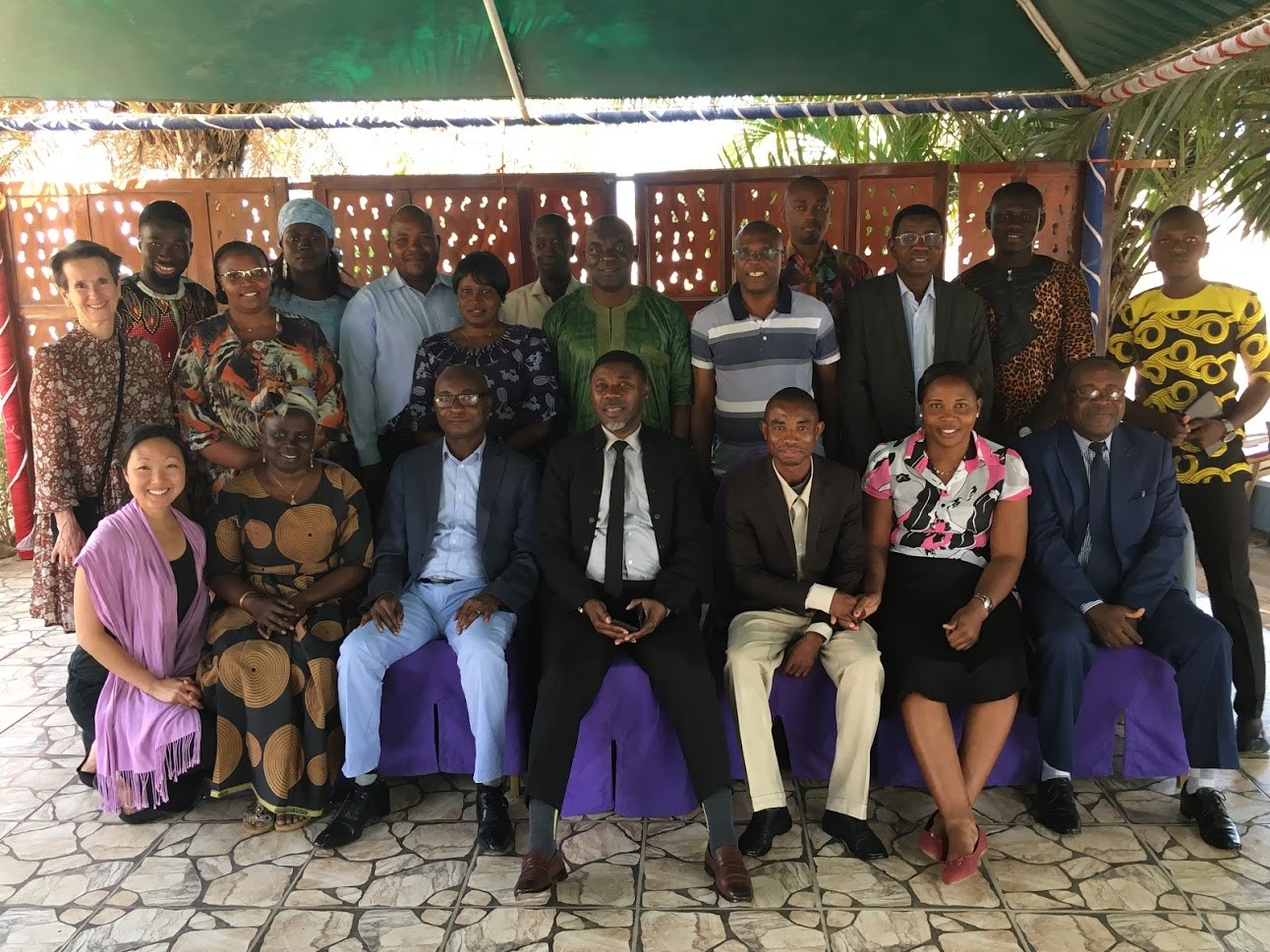
During the four-day workshop, hosted by Gambia’s Directorate of Science and Technology and In-Service Training, in collaboration with the Assessment Unit of the MoBSE, technical team members gained a deeper understanding of the 21st century skills that are part of their educational goals. What do we mean when we say 21st century skills? How can we take our existing assessments and modify them to capture the ways in which students demonstrate the skills? How can we help teachers teach and assess these skills in the classroom? These are just some of the questions that were discussed over the course of the week, as the technical team members focused on deconstructing the skills of problem-solving and collaboration, setting the foundation for “re-visioning,” or adapting existing assessment tasks to explicitly target these skills.
Transforming existing assessment tasks into new ones to capture dimensions of collaboration and problem-solving is a complicated process in which the country representatives engaged enthusiastically. In just a few days, the technical teams, which included national policymakers as well as classroom teachers, explored several options for capturing collaboration and problem-solving. Bringing teacher experience together with system views from national-level directors not only contributed to the development of exemplar items but also fostered a stronger link between policy and classroom practice.
As part of the week’s activities, the participants also visited two schools, St. Peter’s Lower Basic School and Abuko Lower Basic School. These schools and their teachers demonstrated their “21st century” awareness of the need for openness, questioning, and exploration by welcoming the technical teams into their classrooms. For the teams, understanding the classroom context is an essential step in developing tools for the classroom.
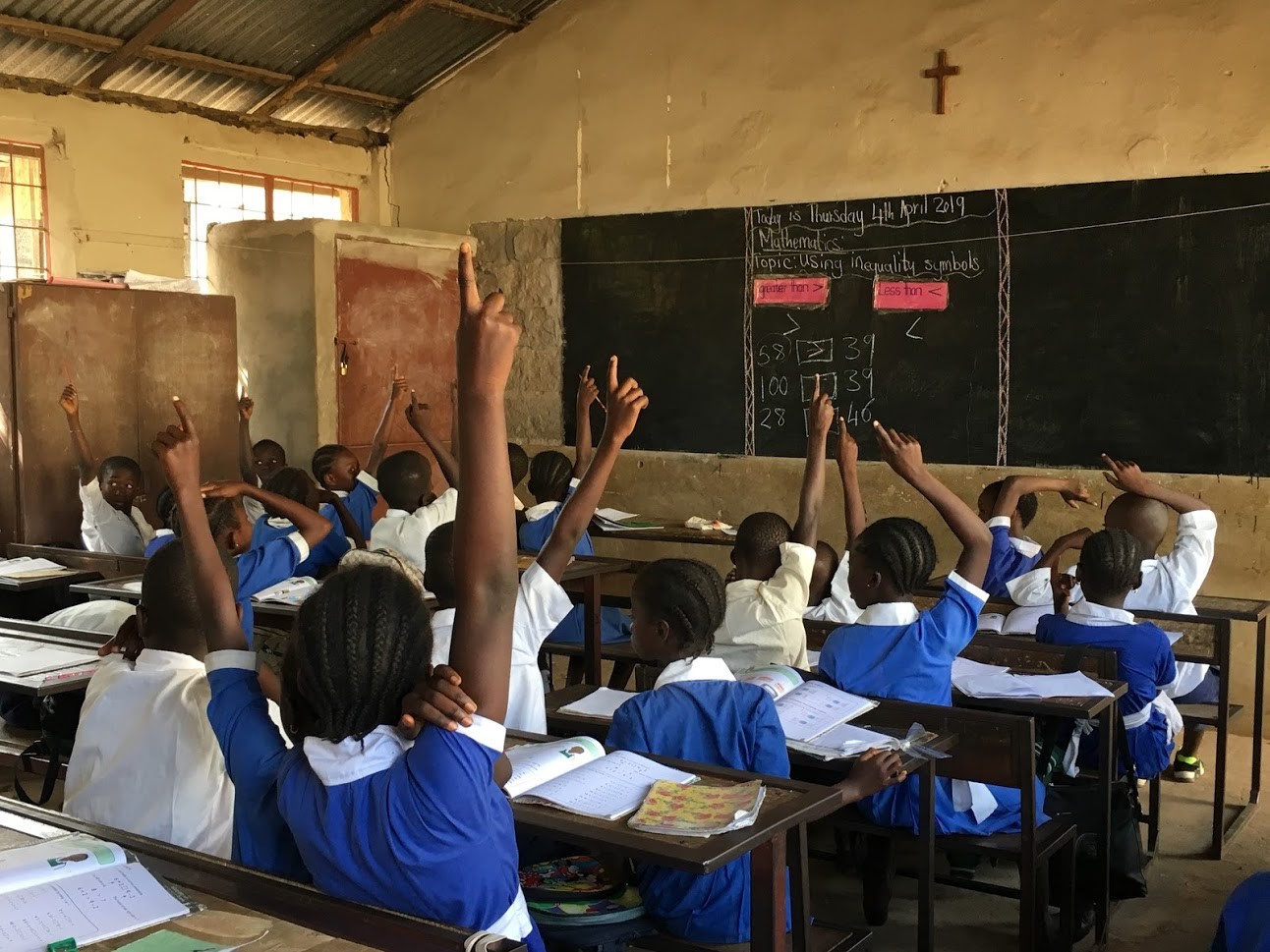
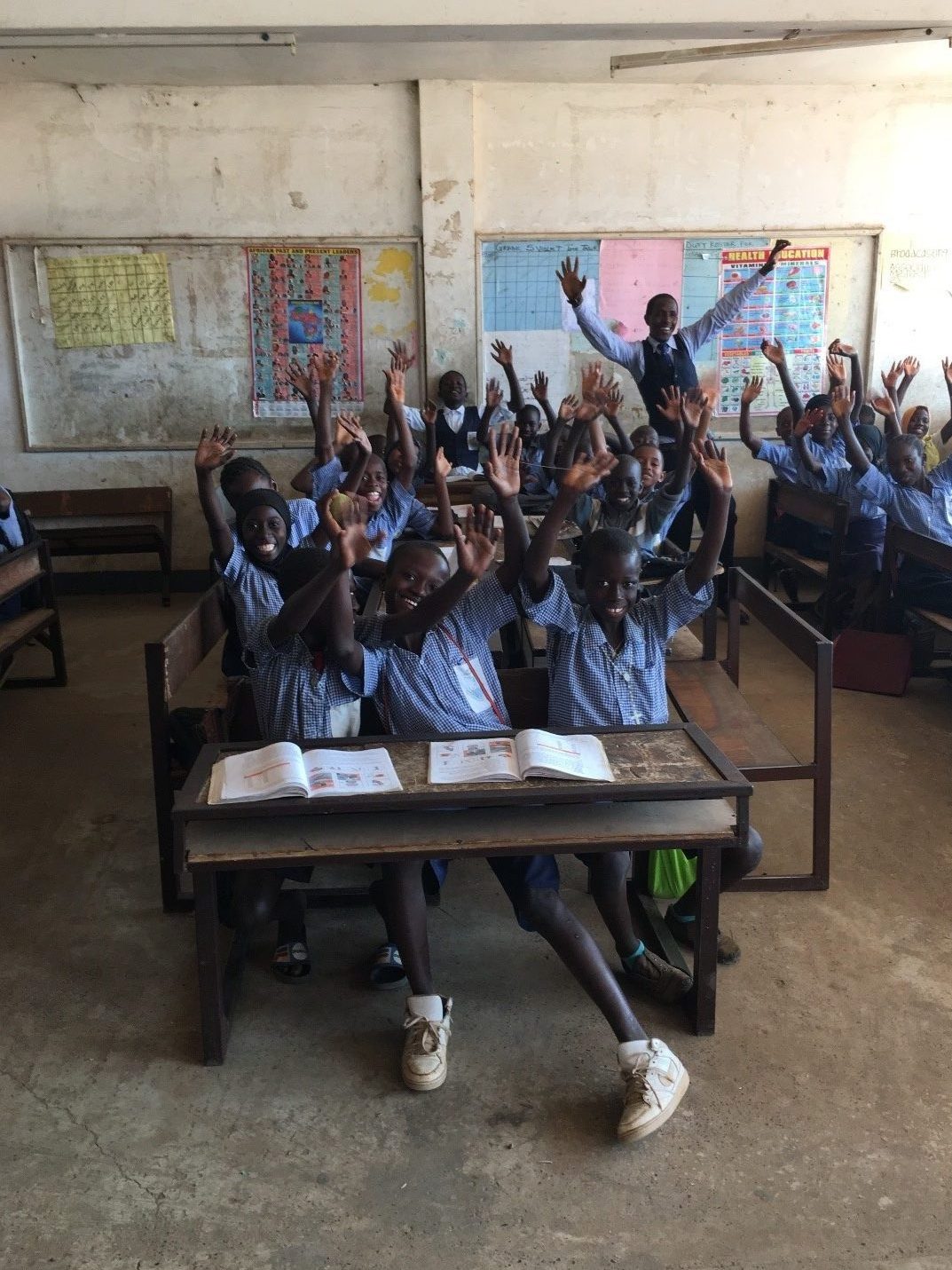
Goals of the initiative
To be clear, the OAA Africa initiative is not confined merely to developing specific skills in students. The initiative has the broader goal of demonstrating how development of competency in skills such as problem-solving and collaboration enhances key school learning outcomes across traditional learning subjects. Teaching and learning 21st century skills does not mean ignoring those competencies and knowledge areas that have served us well in the past—the key is adding to the quality of education.
This first workshop clearly demonstrated the benefits of cross-country interaction in helping identify both conceptual gaps in defining skills and competencies, and the consequences of integrating the skills into teaching and learning in the classroom.
To facilitate this cross-country collaboration and exchange of ideas and knowledge, TALENT and Brookings are in the process of setting up an online platform where countries can access tools uploaded by all the other participants and partners of the initiative. The platform will offer an easily accessible and protected space for technical team members to refine working documents and continuously document ongoing efforts at the national level. Through mutual learning and exchange, the hope is that peers’ proposals will nourish best practices and approaches and they will be adapted to their local contexts.
As a next step, the technical team members from the four countries are now working on finalizing a set of assessment items that capture collaboration and problem-solving. They will then work with teachers in their schools to conduct “think alouds,” a method of studying the skills and subskills students draw on when engaging in assessment tasks, with a small number of students. As students go through the tasks, they orally report their own mental and social processes, such as explaining what they are thinking or how they are engaging. These processes will provide input to the technical teams as they work to develop assessments that are both usable and “developable” by teachers. As one of the host country participants stated: “If you are only interested in the final product, you are missing the opportunity to teach the skills. The process of getting to the answer is a practice that needs to be part of the classroom process.”
The first workshop was featured on QTV News in Gambia. The clip clearly demonstrates the support and engagement of Gambia’s formal education sector, an essential element in system change.
NOTE: The designations employed and the presentation of material throughout this article do not imply the expression of any opinion whatsoever on the part of UNESCO or the Brookings Institution concerning the legal status of any country, territory, city or area, or of its authorities, or concerning the delimitation of its frontiers or boundaries.
The ideas and opinions expressed in this article are those of the authors; they are not necessarily those of UNESCO or the Brookings Institution and do not commit the two organizations.
TALENT is designed to serve as a thematic platform to support the implementation of the Framework for Action of Sustainable Development Goal 4 on Education by 2030. Since June 2016, it has been one of the task teams of the Regional Coordination Group on SDG4-Education 2030 in West and Central Africa. The Secretariat of TALENT is based at UNESCO Dakar, and a new steering group was established in October 2017 for a two-year term.
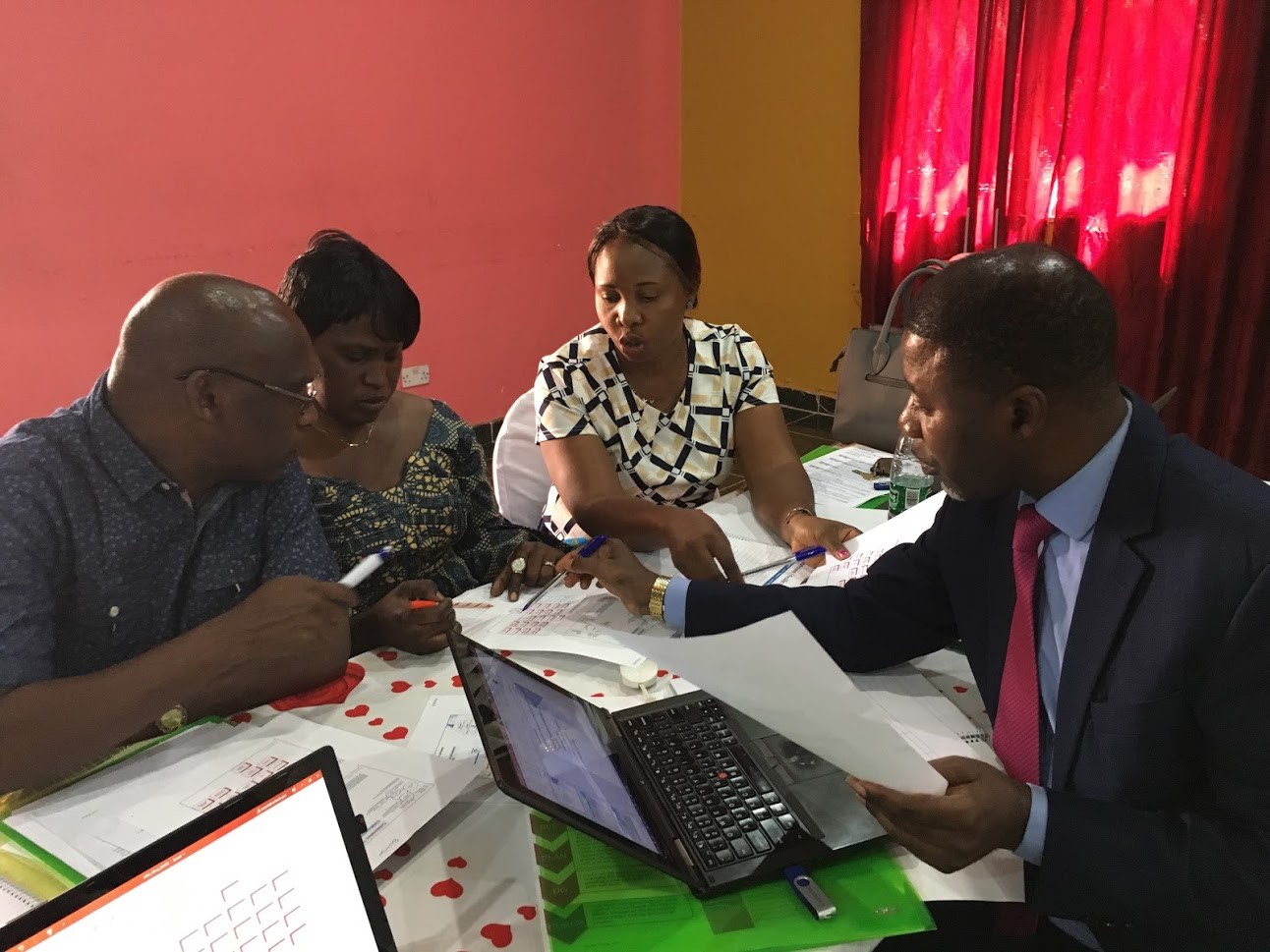
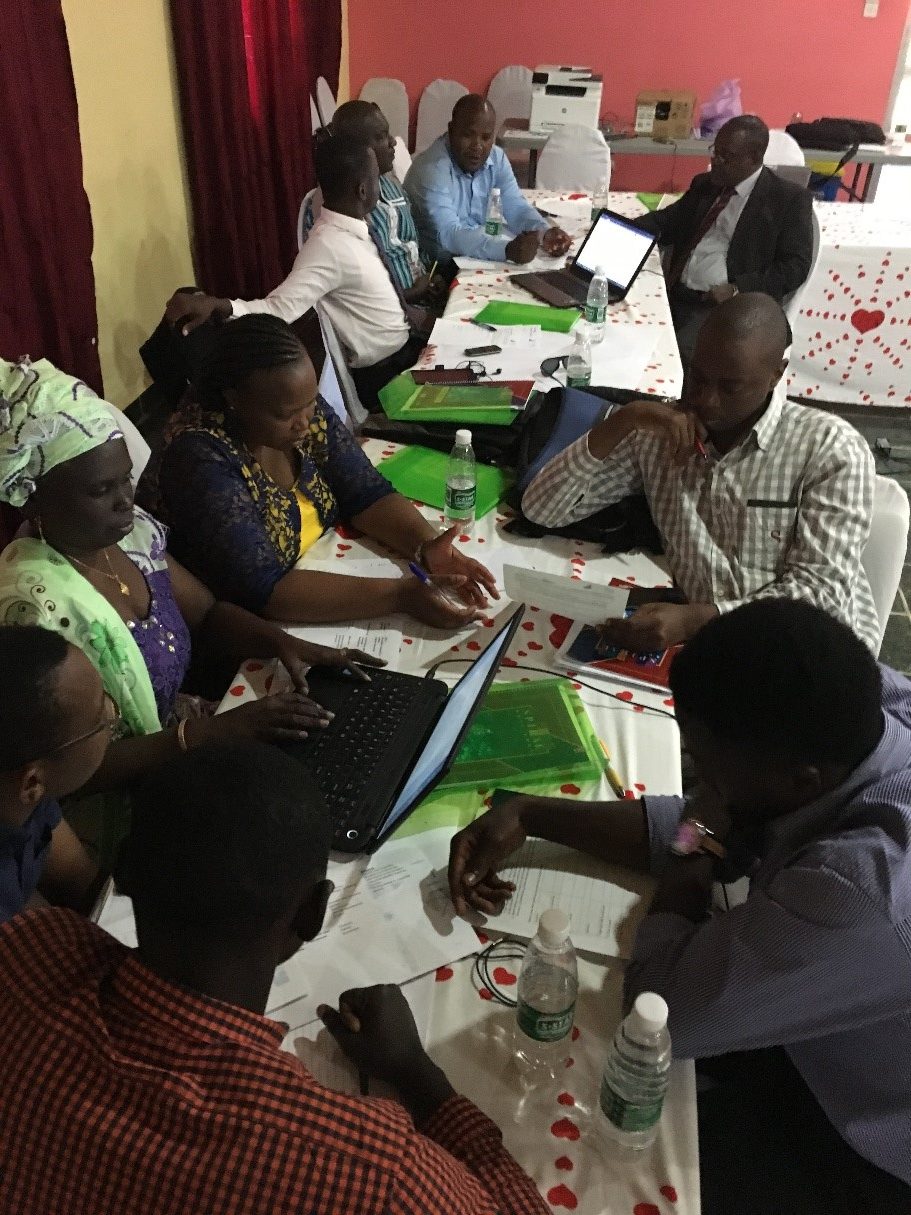


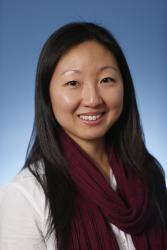
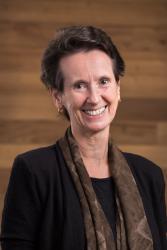
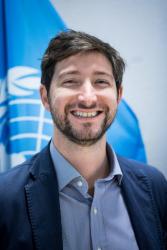

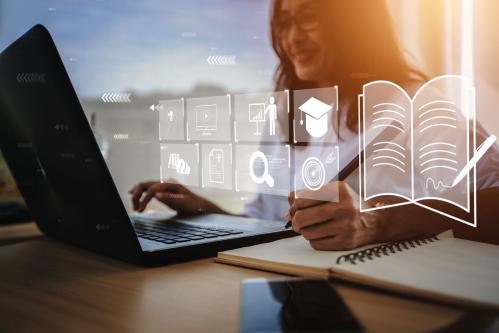
Commentary
A collaborative approach to teaching and assessing 21st century skills in Africa
April 25, 2019